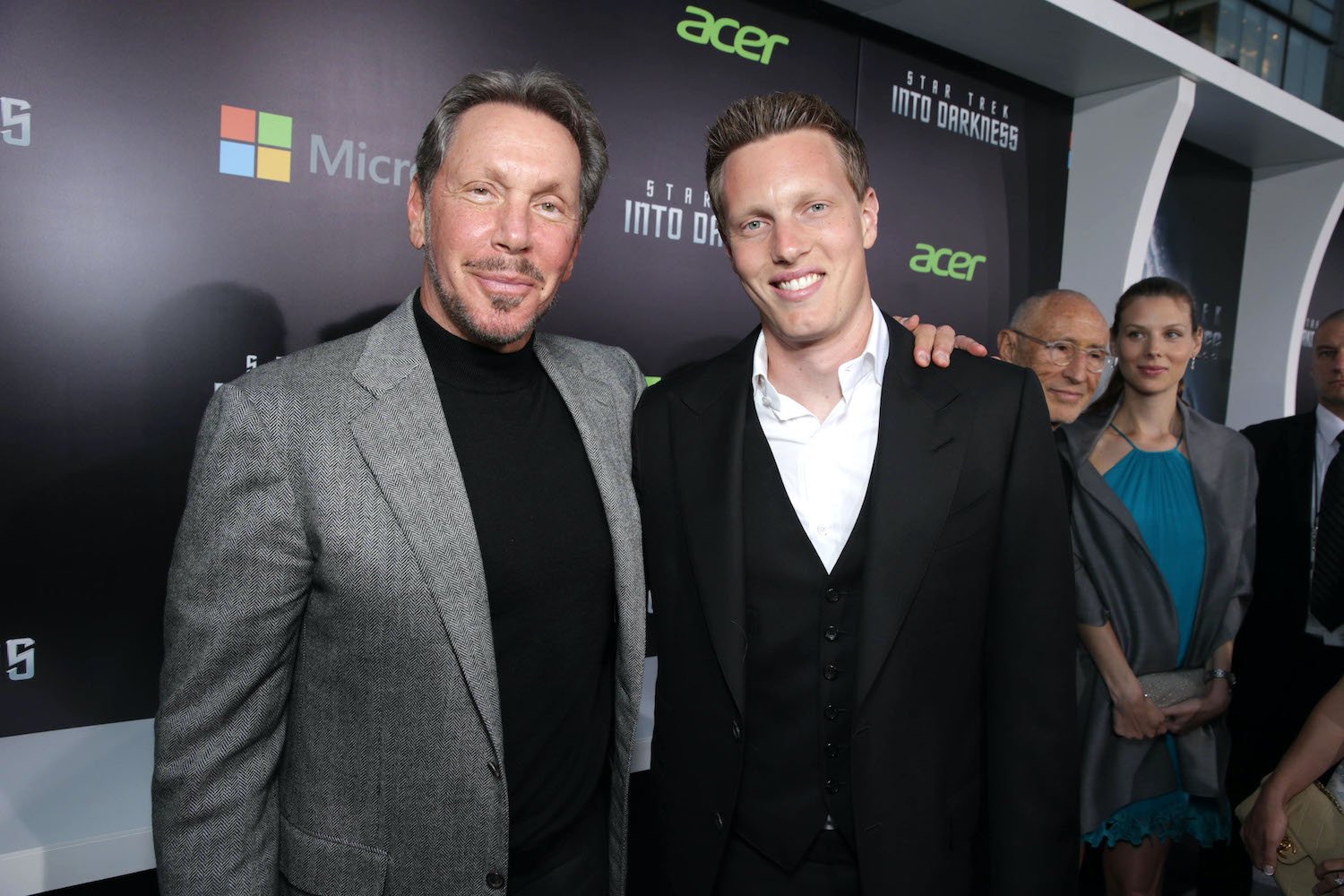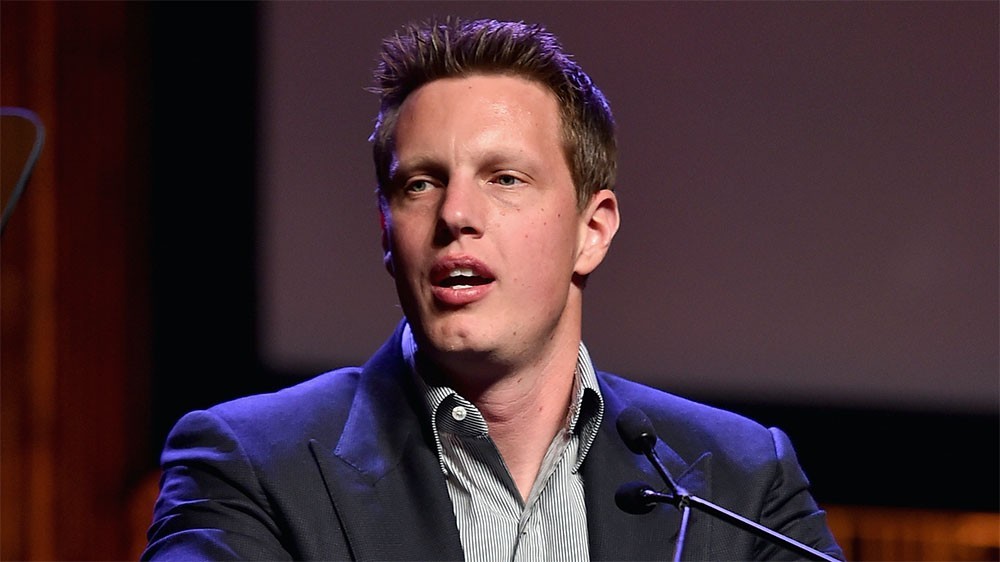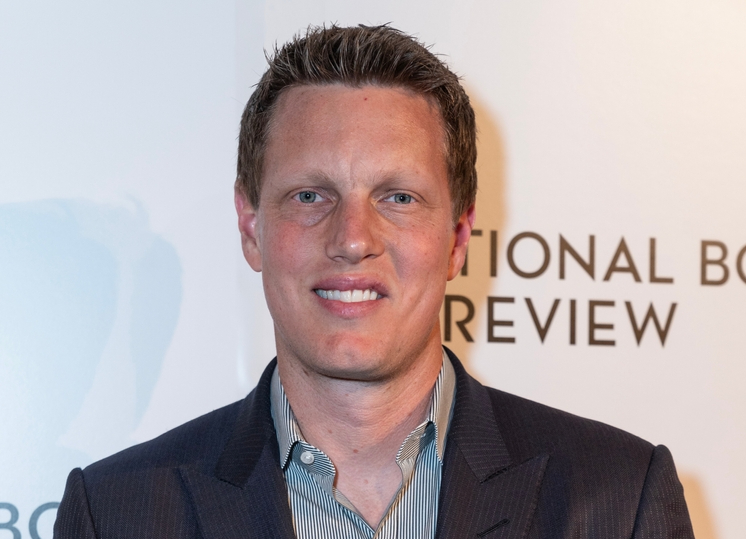David Ellison’s increasing influence at Paramount marks a pivotal transformation in Hollywood’s studio power structure. As industry politics intensify and talent reactions grow louder, his strategic consolidation raises financial, cultural, and legal stakes across the entertainment landscape. This article examines what Ellison’s rise means for the future of content, corporate control, and the cultural tone of American media.
David Ellison’s Hollywood Power Shift: Paramount, Cultural Tension, and the High-Stakes Battle for the Future of Entertainment
Hollywood is no stranger to power reshuffles, but the current shift surrounding Paramount may be one of the most defining realignments in decades. At the center of it is David Ellison, the Skydance Media chief whose ascent from film financier to one of the most influential figures in American entertainment is happening in real time. Ellison, backed by tech-fortune lineage and a record of blockbuster co-productions, is navigating both corporate opportunity and cultural volatility at a moment when Hollywood’s identity and economic model are undergoing tectonic change.
Paramount, one of the oldest studios in the world, has faced years of pressure from streaming disruption, declining cable revenue, and rising production costs. Ellison’s involvement represents more than an investment shift; it signals a philosophical pivot toward leaner production models, franchise-based revenue stability, and global distribution efficiency.
As Variety noted, “Ellison isn’t simply influencing Paramount’s strategy he is shaping the studio’s future direction.”
This is corporate leadership on one of the world’s most visible cultural stages.
The Financial Strategy Behind the Studio Shift
At a time when studios are forced to prove profitability in an unpredictable streaming market, Ellison is taking a practical and investor-driven approach. Rather than chasing content volume, his strategy emphasizes high-impact theatrical releases, streamlined budgets, and controlled production risk.
Paramount’s challenges are well documented: fluctuating Paramount+ subscriber growth, exposure to cable network decline, and legacy overhead that no longer fits modern content economics. Ellison’s background in privately financed film production allows him to apply Silicon Valley efficiency to Hollywood’s historically slow-moving structures.
Media analyst Matthew Belloni put it plainly:
“The winners in Hollywood now are the companies that can deliver certainty—financial certainty, brand certainty, cultural certainty.”
Ellison’s rise is about offering that stability.

After Buying Paramount, MAGA Billionaire Larry Ellison's Son Now Wants Warner Bros
Cultural Tension and Talent Reaction
Yet, this corporate repositioning is unfolding in a moment of heightened cultural sensitivity in entertainment. According to reporting from The Independent, late-night hosts like Stephen Colbert have recently intensified political commentary, especially regarding former President Donald Trump. The tone of late-night television has remained a barometer of cultural tension—and Paramount, through CBS, sits directly inside that conversation.
Colbert recently described the latest legal developments involving Trump as "deeply damaging to the country’s understanding of truth," underscoring how political commentary and corporate media ownership are now intertwined.
Meanwhile, the Daily Mail has reported claims of talent unease and backlash among certain actors, including calls for resistance to perceived ideological alignment shifts. Paramount has not confirmed any blacklist, and major agencies have not taken formal action. However, the perception alone has become part of the studio’s narrative.
In Hollywood, perception can be leverage or liability.
The Legal and Contractual Landscape
Behind every shift in studio identity lies a maze of contracts, intellectual property rights, and talent agreements. Restructuring a studio’s leadership direction can force renegotiations of producer deals, distribution pipelines, and even creative control language embedded in long-term talent contracts.
Entertainment attorneys note that Paramount’s library and legacy partnership structures are some of the most complex in the United States media ecosystem. Any transition led by Ellison will involve careful sequencing, to avoid litigation, labor backlash, or public conflict with creators.
This is where most corporate strategy in Hollywood succeeds or falters.
A Transformation Larger Than One Studio
Ellison’s rise represents something broader: a transition from the old Hollywood model—built on slow-moving studios, network TV dominance, and star-driven marketing—to a new model shaped by global streaming markets, private capital discipline, and franchise universes designed to travel internationally.
According to analysis reviewed by CEO Today, the central question is no longer whether studios can produce hits. It is whether they can produce cultural relevance at scale, financially sustainably, and without alienating the talent networks that make Hollywood run.
The business is changing.
The audience is changing.
The storytellers are changing.
Who controls the platform controls the future of American cultural voice.
Right now, David Ellison is positioning himself to be one of those voices.

Conclusion
Paramount is not just facing a business reorganization; it is undergoing a philosophical metamorphosis. Ellison’s influence represents not only a bet on a new corporate strategy but also a test of how Hollywood can balance profitability with cultural leadership in a rapidly polarized world.
If he succeeds, Paramount could become the most modernized major studio in the global industry.
If he miscalculates, the company may face identity fracture and talent flight.
The stakes are artistic, corporate, and deeply cultural—and the next chapter is already being written.














